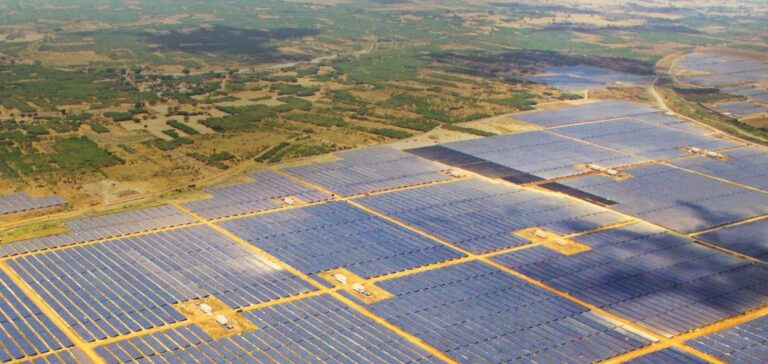India, a major player in the global energy market, faces complex challenges in achieving its ambitions of carbon neutrality by 2070.
The effectiveness of this transition hinges on two key aspects: reducing the cost of energy storage systems and rapidly increasing renewable energy production capacity, particularly solar power.
The Need to Reduce the Cost of Energy Storage Systems
Battery energy storage systems, which are currently expensive, need to see their prices fall substantially.
Today, these costs amount to around 13 million rupees per MWh (155,192 USD).
A significant reduction of around 50% is needed to reduce dependence on coal-fired power plants.
The report by Ember and The Energy and Resources Institute highlights that if these costs fall at an annual rate of 7%, the use of coal-fired power plants in India could fall from 68% in 2023 to 50% by 2032.
This trend highlights the sensitivity of the Indian energy system to variations in storage costs.
Renewable Energy Expansion and Storage Challenges
At the same time, it is essential to increase the use of renewable energies.
Solar capacity, currently at 84 GW, is set to reach 375 GW by 2032, representing an average annual increase of 38 GW.
This is well above recent additions of between 10 and 14 GW per year.
However, India will not be able to meet these targets without a significant improvement in its energy storage capacities.
At present, only 44 GWh of storage is planned by 2032, well below the initial targets of the National Electricity Plan.
At the same time, coal remains a central component of India’s energy mix. Coal capacity could reach 286 GW by 2032, including the 27.6 GW currently under construction and the 54 GW currently in the planning stage.
This development is largely due to the slow progress of storage infrastructures and the high cost of alternative energy sources.
Need for investment in energy storage and infrastructure adaptation
It is imperative that India invests in more affordable energy storage technologies and increases the flexibility of existing power plants to enable greater integration of renewables into the grid.
Coal-fired power plants will have to adapt their operating modes to compensate for the variability of renewable sources, which may require additional investment.
The lack of sufficient storage capacity currently limits the share of solar power to 25% of the energy mix.
Energy planning strategies need to be adjusted to incorporate expected reductions in storage costs, while ensuring grid stability and reliability.
The report points out that without a marked drop in storage costs, India could find it difficult to meet its climate targets while meeting growing energy demand.
The rapid evolution of the energy sector requires continuous adaptation of infrastructures and strategies.
Research and development in the field of energy storage, as well as the expansion of solar capacity, will play a key role in achieving India’s long-term energy goals.





















